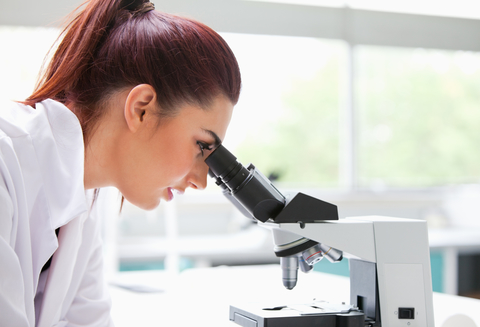Researchers reveal the best methods for cutting Covid risk in the car

Researchers at Swansea University have laid out a step by step guide to reduce exposure to coronavirus when travelling by car, including some important and surprising advice on opening windows.
The research team, supported by the Institute for Innovative Materials, Processing and Numerical Technologies (IMPACT), identified key Covid-19 safety measures for car journeys through their study on optimal car ventilation.
Project lead Professor Chenfeng Li explained “When a COVID-19 patient coughs, saliva containing the virus is expelled in the form of droplets. Large-size droplets fall quickly to the ground, while small-size droplets evaporate quickly. These droplets of saliva disappear in the air in seconds, but the small-size droplets release the contained virus into the air after evaporation, which can survive up to an hour and remain infectious.
“The virus can survive on surfaces and remain infectious for different periods of time, dependent on the surface type. It is the dispersing of these small droplets that we focused on in our study.”
The study produced simulations that demonstrate the effects of a driver coughing in a moving car at various speeds. The small saliva droplets disperse in varying formations depending on which windows are open.
Chenfeng Li said “This car transmission study gives some interesting findings. Based on our scenario, and unsurprisingly, optimal ventilation comes from having all four windows open for city driving (up to 30mph).
“However, perhaps surprisingly, the diagonal flow from the driver side window to the rear passenger side window is the most effective option for getting the virus out of the car when driving above 30mph. This is because a sustained and dominant air flow from the front to the rear is formed when two diagonally opposite windows are open and the other two are closed.
“At higher driving speed, this strong diagonal air flow is more effective to discharge the virus particles out of the car than the turbulent air flow formed by opening all four windows.
“The process is so effective that it’s only necessary to do it for 10 seconds at a time, every 5 to 10 minutes, or whenever somebody coughs or sneezes.
“We can also conclude that sitting at the front is a lot safer than sitting at the back, because of the increased contamination within the rear part of the car due to the fact that the in-car air flow predominantly moves from the front to the rear, trapping some of the virus particles in the rear zone.”
The BBC reports he said “This advice is most important for taxis and car-shares etc.
“In your family car, if you were going to catch Covid then you probably would have already done so in your home. However, this could be a vital step in preventing the spread in communal vehicles as society opens up again and we all begin travelling a lot more.”
As part of the study, done on behalf of the Welsh Government Coronavirus (COVID-19) Technical Advisory Group, Chenfeng Li was also asked to investigate whether screens between the front and rear seats could be beneficial.
He found they could actually do more harm than good.
He said “As well as creating another surface within the vehicle for large droplets to settle on, screens also disrupt the flow of air through the vehicle.
“Whilst they may be safer for the driver, for rear passengers screens create a bubble from which it’s very difficult for the virus to be sucked out via air pressure.”
However, he said the best way to keep safe in a communal vehicle was still to wear a mask.
His findings showed wearing a face covering reduced the emission of the virus by 90%, and that the intake of the virus by passengers was reduced by 70%.
In Wales masks are still legally required on public transport and in all public indoor areas apart from pubs and restaurants.
Chenfeng Li concluded “At a time when restrictions are lifting across the UK and we will be travelling more, it is important to take steps to ensure we are limiting any potential exposure to the virus. This study sets out our recommendations for optimal ventilation and reduced transmission.”
Chenfeng Li sits on the Welsh Government Coronavirus (COVID-19) Technical Advisory Group. His findings supported recent guidelines for taxis and private hire vehicles.
The project is funded through the Sêr Cymru Tackling COVID-19 programme. The IMPACT operation is part funded by the European Regional Development Fund through the Welsh Government and Swansea University.








